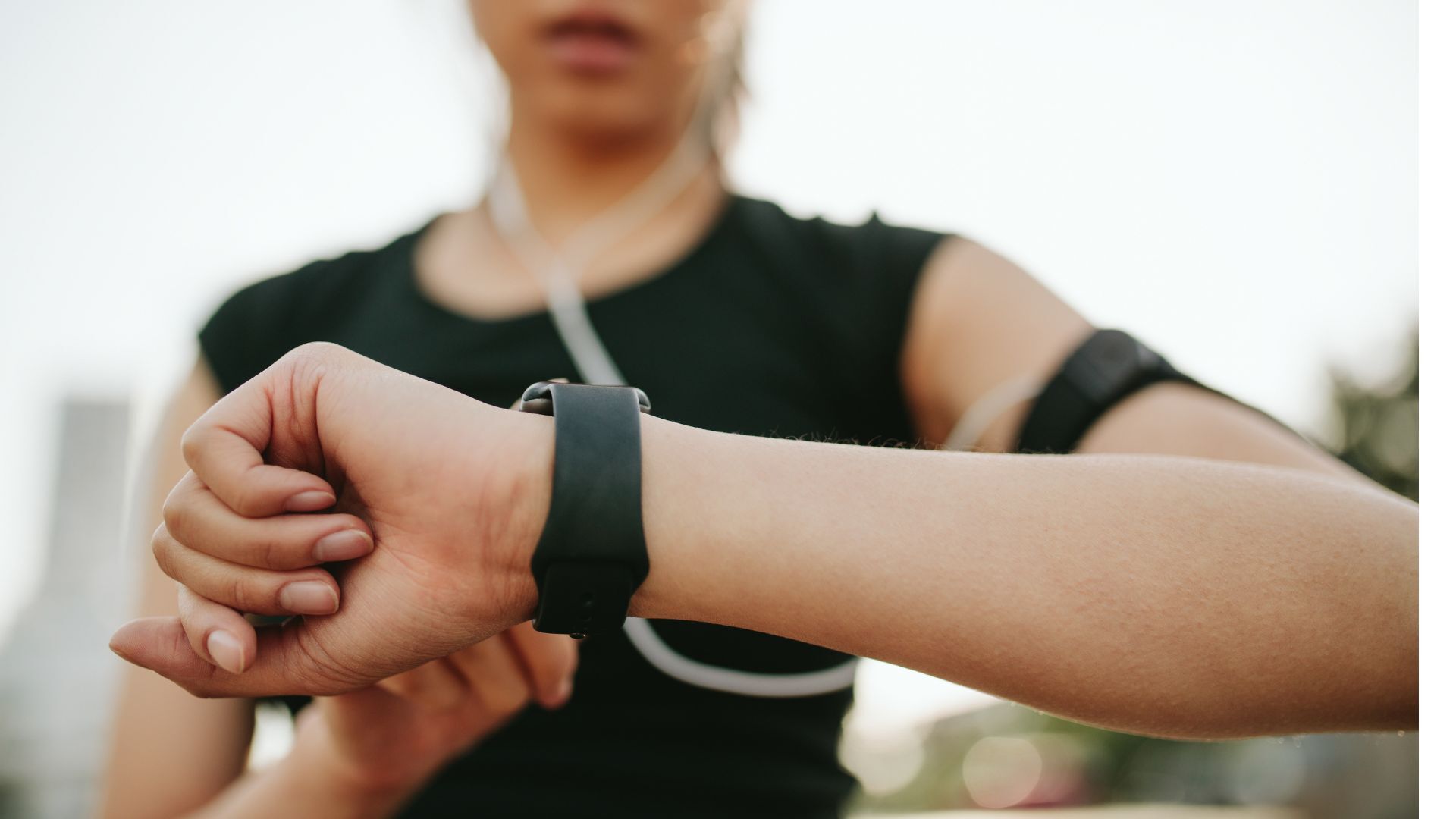The positive follow-on effects of getting exercise are well known: In addition to the traditional boosts in stamina and strength most gym-goers are pursuing, exercising can improve your mood, contribute to better sleep, and even help lower feelings of anxiety over time.
These benefits are generally there whenever you work out, but timing when you take your walk, hit the gym, or otherwise move your body can have implications for how those positive results will show up in your day. Personally, I noticed some big changes in my focus and productivity when I shifted to early-morning workouts. Here’s how you can find the workout schedule that will be most beneficial to you.
The benefits of an early workout (according to me)
Last year, I wrote about how exercising before you study can help you focus and process information better. Of course, no matter how much research backs something up, not every consensus conclusion applies to every individual, but I found my deep dive into the broad benefits of pre-study workouts edifying anyway.
Still, I wrote them off. I liked my routine of afternoon and evening workouts a lot. They gave me a feeling of peace and accomplishment before bed, plus they made me sleepy. Plus, I am hardly the kind of person who wakes up early and leaves the comfort of my bed just to sweat before I start work. Or so I thought: About a year ago, I started teaching one spin class a week at 7 a.m.
Beyond earning a little extra money, I started getting something surprising out of this early-rising workout routine: On the days I taught the early spin class, I was more energetic and focused at work. It took a shockingly long time for me to connect this to my earlier research about the benefits of exercise before a study session (blame my bias against rising early), but it does suggest that you can think of workouts as one more tool to increase your productivity.
While studies show it can take as long as six months to realize the full brain-boosting benefits of exercise, including improved memory, my experience suggests that timing your workouts can allow you to feel some of those positives in the short term as well.
The benefits of an early workout, according to a pro
I’m just one person with one experience, so I decided to consult someone with more evidence to draw on. According to Teddy Savage, the national lead trainer for Planet Fitness, “Working out before work can have profound impacts on increasing your mental focus, brain function, and ability to sustain a high level of energy to power through those long meetings.”
The pros and cons of morning and evening workouts
It’s important, then, to commit to finding the right time for your schedule and your needs, then stick to it so you get into a routine. Still, there are some pros and cons to keep in mind.
According to Savage, morning workouts can help with increasing alertness, cognitive brain function, and focus, improve mood and energy, positively impact your metabolism, and help regulate your circadian rhythm to improve your sleep quality. The big con of a morning routine is that it requires you to get up every morning and work out. If you find it hard to commit and start skipping workouts to sleep in, or you feel rushed for time and pressured to skip crucial parts of your workout (like a warmup), you may need to find another time.
Evening workouts, in comparison, allow you more freedom, which can make your workouts more effective. Plus, since your internal body temp is higher in the evening, you may reduce the risk of injury due to stiffness or cold muscles. Speaking from experience, it’s also a great way to sweat out any stress you built up during the day. Medical conditions can also be a factor: Savage notes that studies suggest individuals with Type II Diabetes should consider evening workouts, since they can improve insulin sensitivity.
On the other hand, if you’re feeling listless or lethargic after a long day of work, you may not feel like going to the gym, and an adrenaline spike a vigorous evening workout can keep you up at night if you do it too close to bedtime.
How to find your own ideal workout timing
As I said, I do love my evening workouts too—and that’s fine. According to Savage, it’s less important when you work out throughout the day than that you work out at all. He says he frequently reminds gym members that their fitness journey is unique to them, which means everyone is free to find their best time to exercise, which could just mean a time when they will actually be able to follow through with it.
The key here is to experiment. Try shifting when you work out to see if different timing produces different results. Consider the benefits and drawbacks of each—and most of all, consider the long-term viability of the schedule you settle on.
“The goal is to create self-efficacy which speaks to building confidence in the member knowing that they can stick to their routine without it feeling like a chore, which will take them too far outside of their normal lives,” Savage says. “This strategy usually helps them discover a more enjoyable sense of working out, and helps them enjoy the full scope of wellness benefits that come from consistency.”
